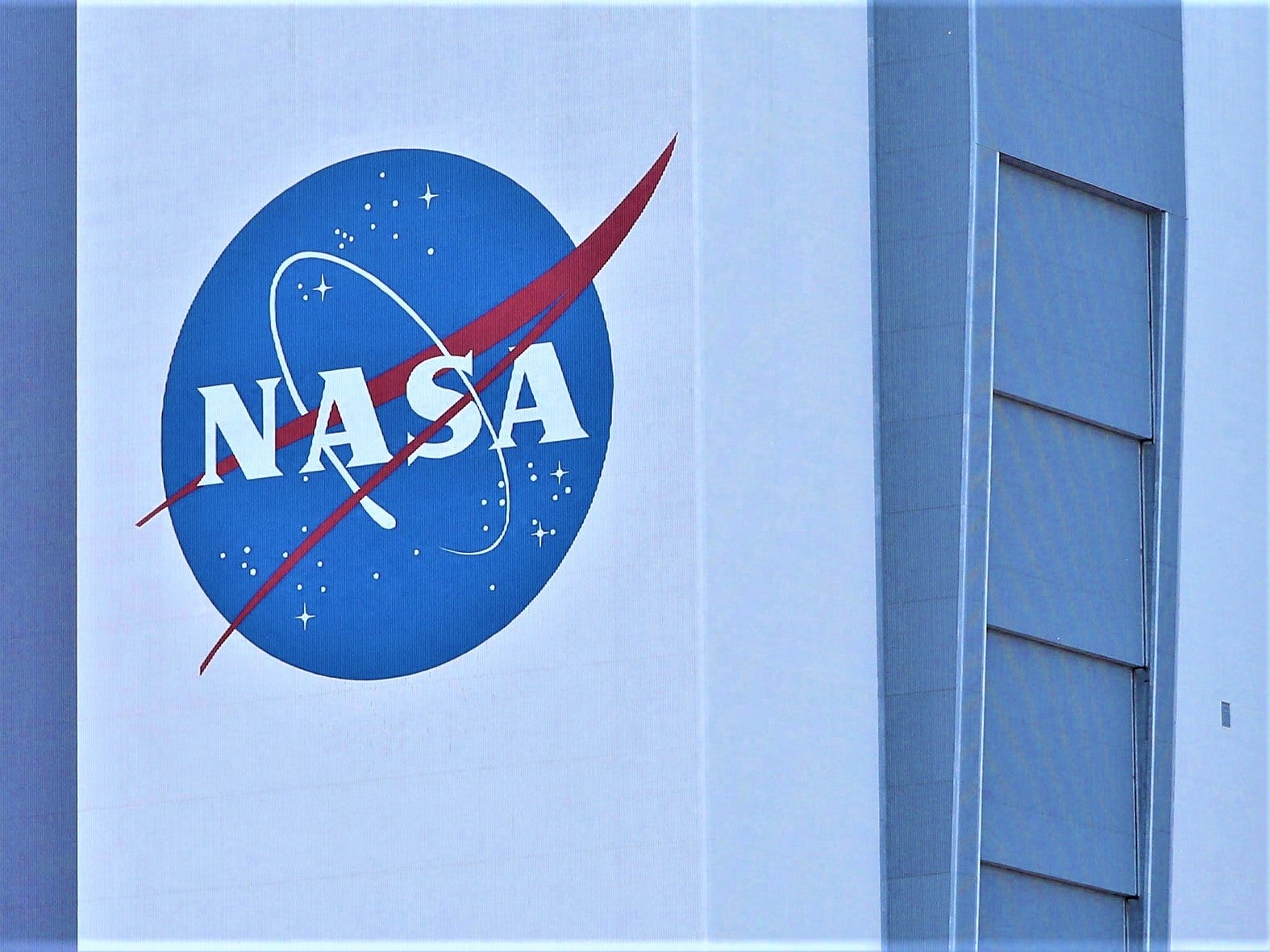Nasa building ‘game changing’ electric car battery that charges in 15 minutes
All-solid-state battery requires half the space of lithium-ion batteries and can recharge in 15 minutes

Nasa has teamed up with Japanese automotive giant Nissan to develop a brand new type of battery that could transform the electric car industry.
The US space agency hopes to create a battery that has significantly higher energy than the lithium-ion batteries currently found in most consumer electronics – from phones and laptops, to e-scooters and electric cars.
The all-solid-state battery proposed requires half the space of lithium-ion batteries and would be able to fully recharge in 15 minutes rather than several hours.
It is also critical that it does not lose capacity over time or suffer from any safety issues, like catching fire.
“Instead of taking a battery off the shelf, we determined we needed to develop a battery from scratch,” said Nasa researcher Rocco Viggiano.
“A solid-state sulphur-selenium battery is cool to the touch and doesn’t catch fire. It has a slimmer profile than lithium-ion batteries and has better energy storage. It can take a beating and still operate, often in less than ideal conditions.”
A pilot launch of the new battery is planned for 2024, according to Nissan, before full production begins in 2028.
Nasa has previously worked with car makers to develop its own vehicles, including the electric “Moon Buggy” that astronauts drove on the Moon during the Apollo missions.
GM is also working with Lockheed Martin to develop a crewed lunar rover for the upcoming Artemis program, which will see humans return to the Moon for the first time in more than 50 years.
“These next-generation rover concepts will dramatically extend the exploration range of astronauts as they perform high-priority science investigation on the Moon that will ultimately impact humanity’s understanding of our place in the solar system,” Rick Ambrose, executive vice president at Lockheed Martin Space, said in a statement when the partnership was announced last year.
Speaking of the latest collaboration between Nissan and Nasa, the automaker’s vice president Kazuhiro Doi said: “Both Nasa and Nissan need the same kind of battery.”
Join our commenting forum
Join thought-provoking conversations, follow other Independent readers and see their replies
Comments
Bookmark popover
Removed from bookmarks